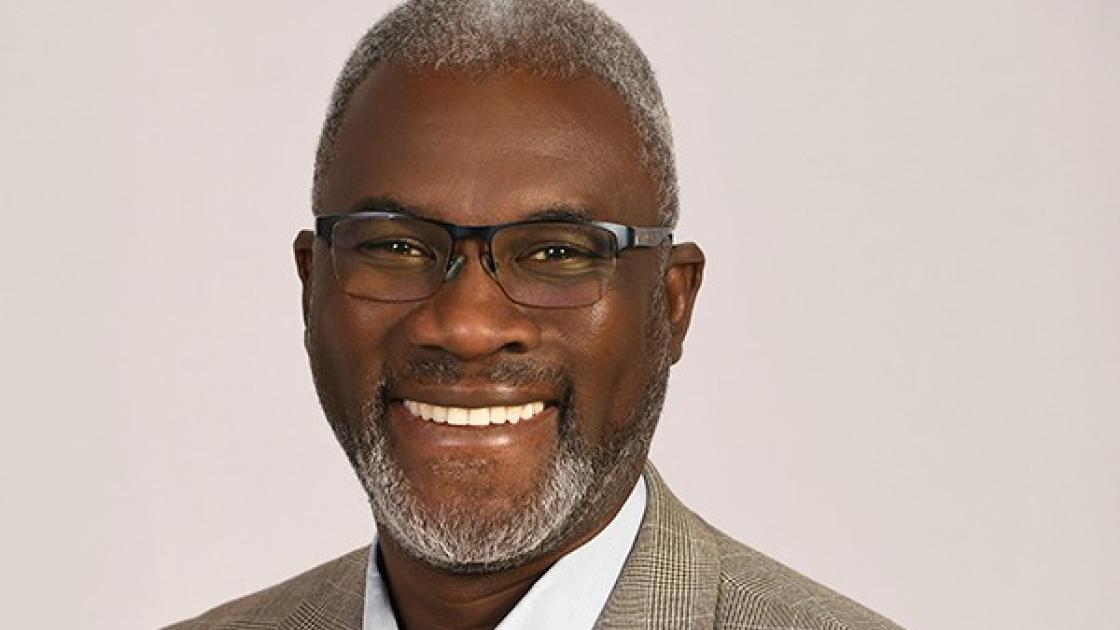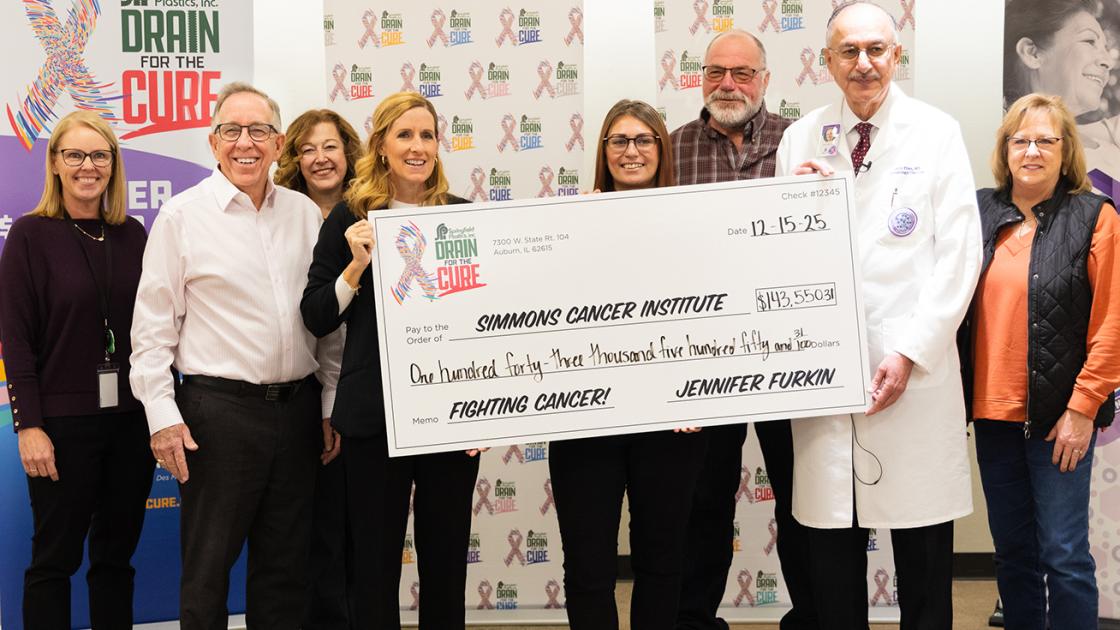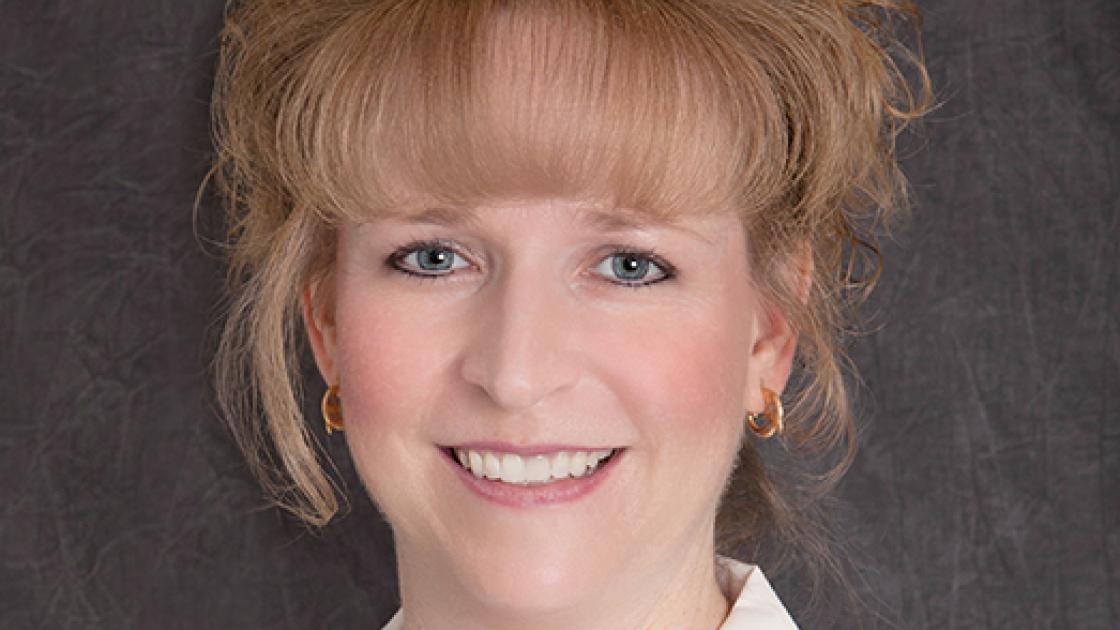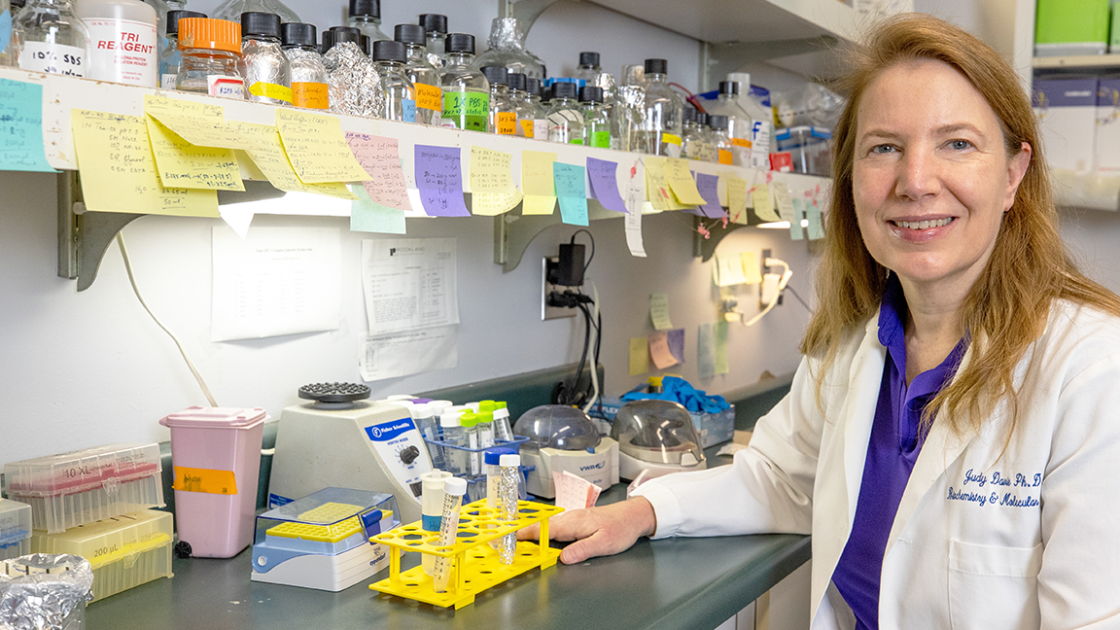
From lab to lecture hall, Dr. Judy Davie champions future scientists
When Judy Davie, PhD, joined SIU School of Medicine in 2006, she brought a fascination with how cells grow, adapt and repair. Nearly two decades later, she has built a career defined by discovery, mentorship and opportunities for students to pursue science.
Now professor and chair of the Department of Biomedical Sciences in Carbondale, Davie studies how genes switch on and off to control muscle development, and what happens when that process fails (called an epigenetic change). Her research has revealed how certain cancers hijack the body’s molecular programs to keep dividing. Her lab is currently exploring how chromatin-remodeling proteins (enzymes that play a vital role in regulating gene expression), such as SMARCA5, control cell growth in cancer.
Exploring how gene regulation and epigenetic changes influence both muscle regeneration and disease, Davie’s lab is moving cancer research forward. However, the discoveries that define her career are the shared moments of collaboration and curiosity that happen between mentor and student.
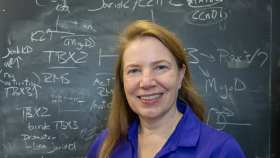
A breakthrough born from mentorship
Graduate student Abhinav Adhikari and master’s student Teak-Jung Oh uncovered a connection in Davie’s lab that changed the direction of their research. While studying two genes, TBX2 and TBX3, they uncovered evidence that one suppressed the other under the control of a protein complex known as PRC2. This finding explained why muscle cells stop growing while cancer cells do not.
“It was one of those moments when everything you’ve been struggling with suddenly makes sense,” Adhikari said. “We had hints suggesting a link, but no direct evidence, until that day.”
The study, published in Oncogenesis, described a new genetic relationship that bridges skeletal muscle biology and cancer science.
“Seeing the data reveal that connection was exciting and humbling,” Oh said. "It helped me realize that I could truly contribute to the expansion of scientific knowledge.”
Both students credit Davie’s mentorship for shaping how they approached that discovery. “She taught me to think critically, appreciate unexpected data and always stay curious,” Oh said. Adhikari added, “She turned that breakthrough into a lesson about the demands of real science, including rigor, patience and thoughtful inquiry.”
Davie sees each student as both a learner and a future innovator. “What I look for in a student isn’t a certain test score,” she said. “It’s curiosity and the drive to ask why something works and what happens when it doesn’t.”
Her approach has a lasting impact. Adhikari now leads a gene therapy program, and Oh is a postdoctoral scholar at the University of Washington. Both say lessons from the Davie Lab continue to shape how they conduct and share science.
“Working with Dr. Davie didn’t just prepare me for the next step,” Adhikari said. “It gave me a lifelong foundation in science rooted in curiosity, rigor and compassion.”
Oh echoed that sentiment. “The environment she created emphasized curiosity, excitement and resilience,” he said. “Even now, I look back on my time in the Davie Lab as one of the best experiences of my research career.”
A new kind of medical prep
As department chair, Davie also assists one of the region’s most innovative educational initiatives: the Biomedical Science master’s degree (BMS), a one-year, non-thesis program to prepare students for professional schools in medicine, dentistry or physician’s assistant studies.
In 2020, Davie helped lead the merger of three basic science departments to form Biomedical Sciences, creating a collaborative environment that unites molecular biology, physiology and anatomy.
Directed by Anneke Metz, PhD, the program combines advanced coursework in anatomy, physiology and biochemistry with personalized guidance for professional school applications and exam preparation. Students can also earn an anatomy teaching certificate, qualifying them to teach in medical education programs nationwide.
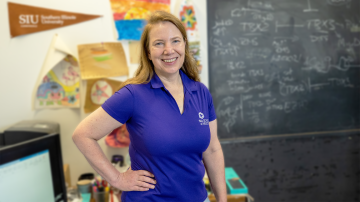
“Many of our students are from southern Illinois, and this program gives them a structured, affordable way to strengthen their applications and prepare for medical school close to home,” Davie said.
Enrollment has grown from eight students to more than 30, with graduates now entering SIU’s Lincoln Scholars, dental and physician assistant programs, advancing SIU’s mission of expanding health care access across the region.
Whether in the lab or classroom, Davie’s focus remains on building momentum for discovery and for the students who will carry it forward.

